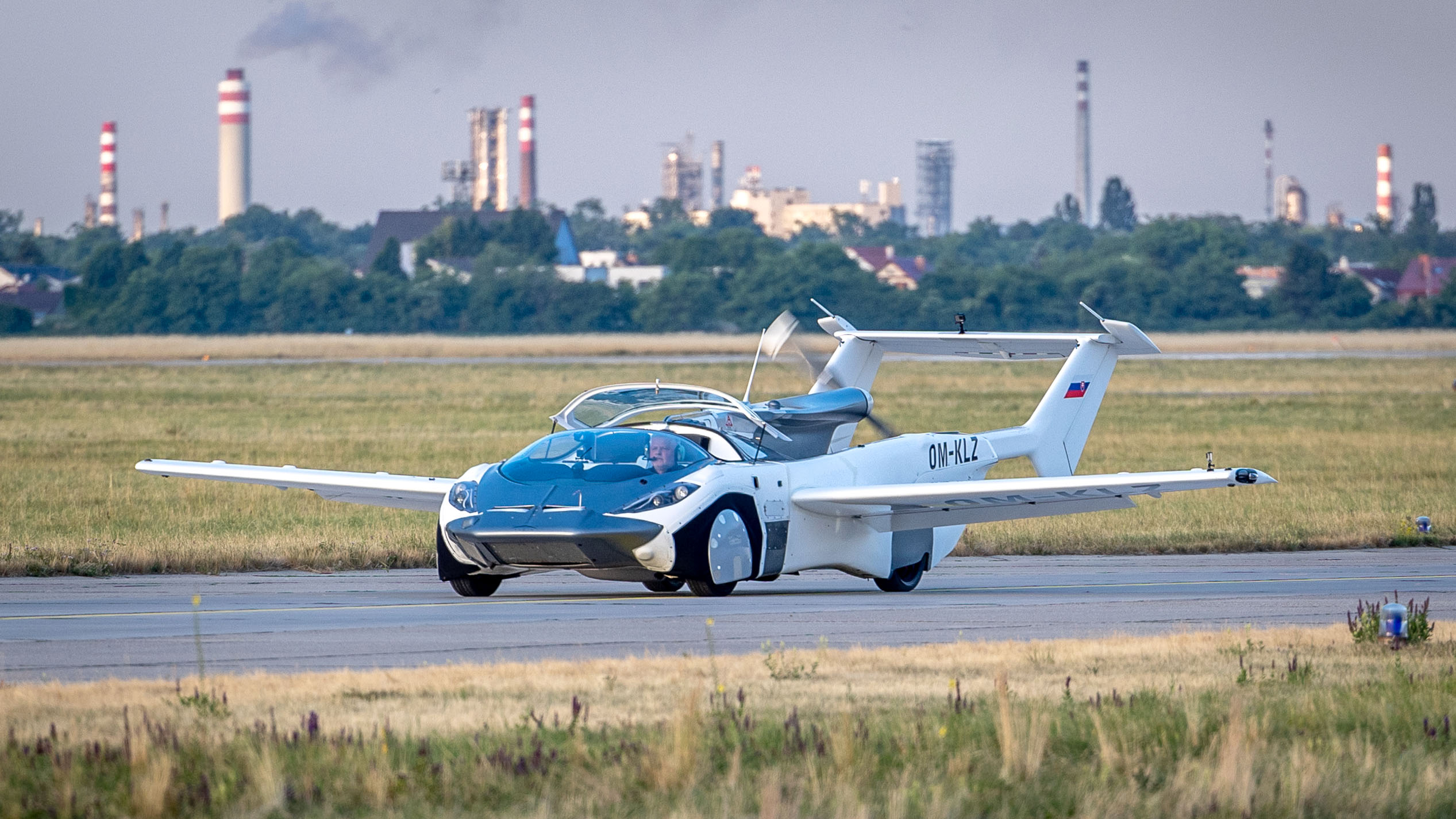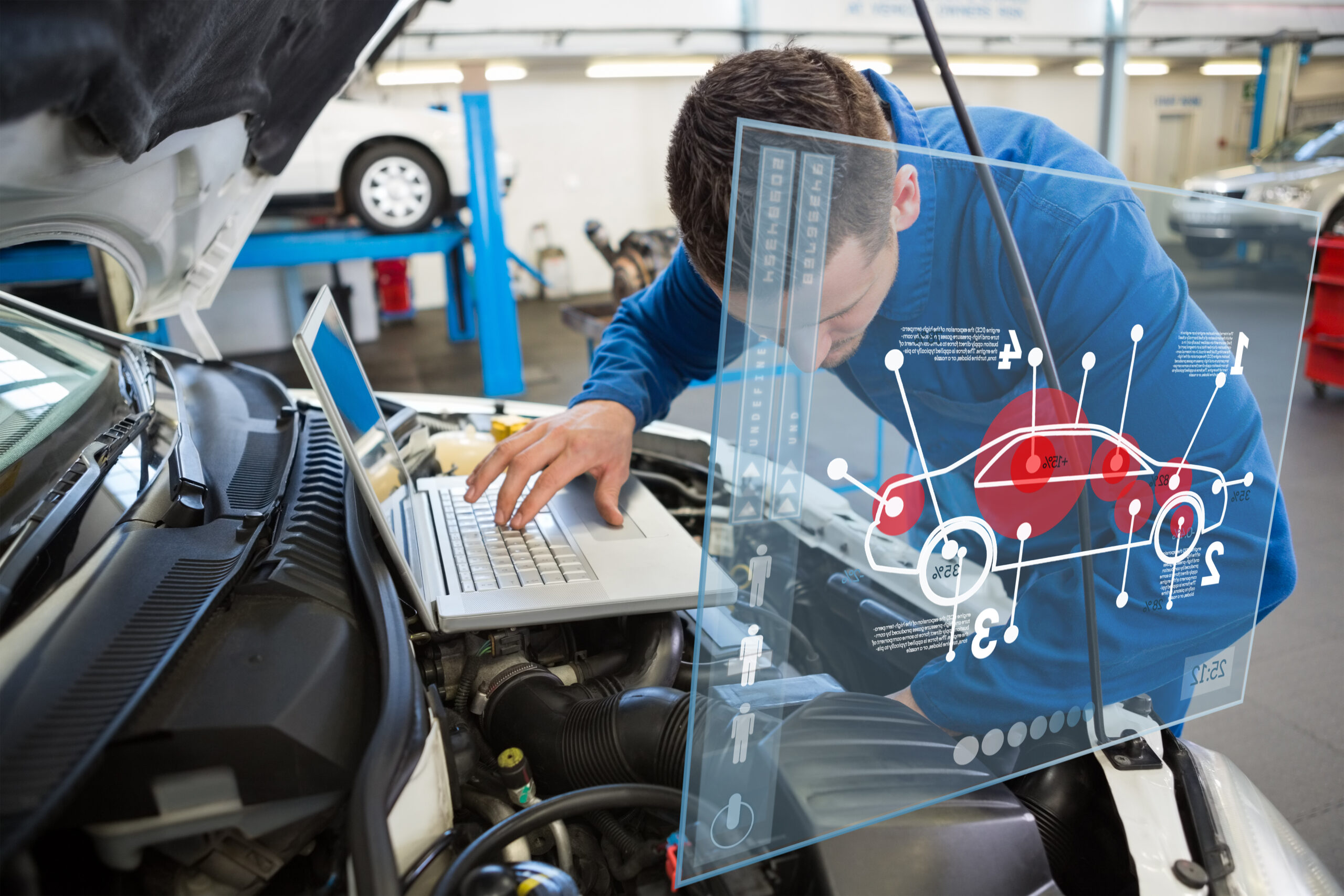What You Need to Know About BMW Flying Car Price

BMW flying car price As the dawn of a new era in transportation approaches, the concept of flying cars is shifting from science fiction into tangible reality. Among the most anticipated innovations in this field is the BMW flying car price—a groundbreaking advancement that promises to revolutionize urban mobility. However, with such revolutionary technology comes the inevitable question: what is the BMW flying car price? Understanding the cost of this futuristic vehicle involves more than just looking at the sticker price. It requires an exploration of various factors that influence the overall expense and the value it brings to the table.

The Emergence of Flying Cars
Flying cars have captured the collective imagination for decades. With their blend of aviation and automotive technologies, these vehicles offer the promise of overcoming traditional road-based constraints. The concept of a BMW flying car price fits perfectly within this vision, combining the company’s renowned engineering prowess with cutting-edge aerodynamics and propulsion systems.
The BMW flying car price represents a leap toward making personal aerial transportation a viable option for everyday life. While many manufacturers are exploring this space, BMW’s approach integrates its signature style and technology, setting high expectations for both performance and design.
Factors Influencing the BMW Flying Car Price
Determining the BMW flying car price involves understanding several key factors that contribute to its cost. These factors include:
- Technology and Innovation: The heart of any flying car is its technology. For the BMW flying car, this encompasses advanced propulsion systems, aerodynamics, and flight control technologies. The integration of cutting-edge components, such as electric vertical takeoff and landing (eVTOL) systems, contributes significantly to the overall price. These technologies are not only complex but also require substantial research and development, which is reflected in the vehicle’s cost.
- Design and Engineering: BMW is renowned for its design excellence, and this extends to its flying car concept. The BMW flying car combines sleek aesthetics with functional engineering, ensuring both style and performance. The costs associated with designing and engineering such a vehicle are considerable, given the need to meet rigorous safety standards and achieve optimal performance. This attention to detail and precision is an integral part of the price.
- Materials and Construction: The construction of a BMW flying car involves high-grade materials that can withstand the stresses of both ground and aerial travel. Lightweight, durable materials are essential for ensuring the vehicle’s efficiency and safety. The use of advanced composites and alloys, along with specialized manufacturing techniques, adds to the overall cost.
- Safety Features: Safety is paramount in any vehicle, but for a flying car, it becomes even more critical. The BMW flying car is equipped with state-of-the-art safety features, including redundant systems, collision avoidance technologies, and robust emergency protocols. The development and integration of these features involve significant expense, which is reflected in the vehicle’s price.
- Regulatory Compliance: Flying cars must adhere to stringent aviation and automotive regulations. For the BMW flying car, compliance with these regulations involves extensive testing, certification, and modifications. The costs associated with meeting these standards are a key factor in determining the vehicle’s price.
- Production and Scalability: As with any high-tech innovation, the cost of production and scalability plays a role in pricing. Initially, the BMW flying car will be produced in limited quantities, which can drive up the cost due to the lack of economies of scale. Over time, as production ramps up and technology matures, prices may become more accessible.
Expected Price Range for the BMW Flying Car
While exact figures for the BMW flying car price remain speculative, industry experts and analysts have provided estimates based on current technology and market trends. The initial cost of a BMW flying car is expected to be in the range of several hundred thousand to a few million dollars. This high price tag reflects the advanced technology, materials, and development efforts involved in bringing such a vehicle to market.
For context, early adopters of flying cars will likely pay a premium for the novelty and advanced features offered by the BMW flying car. As the technology becomes more widespread and production scales up, prices may gradually decrease, making flying cars more accessible to a broader audience.
The Value Proposition of the BMW Flying Car
Despite the high initial cost, the BMW flying car offers substantial value for those who invest in it. The vehicle represents a significant leap forward in personal transportation, offering benefits that extend beyond traditional cars. Some key aspects of the value proposition include:
- Enhanced Mobility: The BMW flying car provides unparalleled freedom and flexibility in travel. It eliminates traffic congestion and parking constraints, allowing users to navigate directly from point A to point B without the usual delays associated with ground transportation. This enhanced mobility is a major selling point for those who value efficiency and convenience.
- Innovative Experience: Owning a BMW flying car means being at the forefront of technological innovation. The experience of piloting a flying car combines the thrill of aviation with the comfort of a luxury automobile. For enthusiasts and early adopters, this unique experience adds significant value.
- Environmental Benefits: Many flying cars, including the BMW flying car, are designed with sustainability in mind. Electric or hybrid propulsion systems reduce emissions and contribute to a greener future. The environmental benefits of owning a flying car align with broader efforts to reduce the carbon footprint of transportation.
- Long-Term Investment: As technology evolves and flying cars become more integrated into mainstream transportation, the value of owning a BMW flying car may increase. Early adopters could benefit from potential appreciation in value as the technology becomes more widely accepted and demand grows.
BMW flying car price
The BMW flying car represents a groundbreaking advancement in personal transportation, merging the realms of automotive and aerospace engineering. While the BMW flying car price is currently high due to the advanced technology, design, and regulatory requirements, the vehicle offers a compelling value proposition for those seeking to be at the cutting edge of travel innovation. As the technology matures and production scales up, the cost of flying cars is expected to become more accessible, paving the way for a future where aerial mobility is an everyday reality.
For those who can afford it, the BMW flying car promises an unparalleled travel experience, combining luxury, performance, and freedom in a way that was once the stuff of dreams. As we look to the future, the BMW flying car stands as a symbol of what is possible when innovation meets ambition, offering a thrilling glimpse into the next chapter of transportation.



